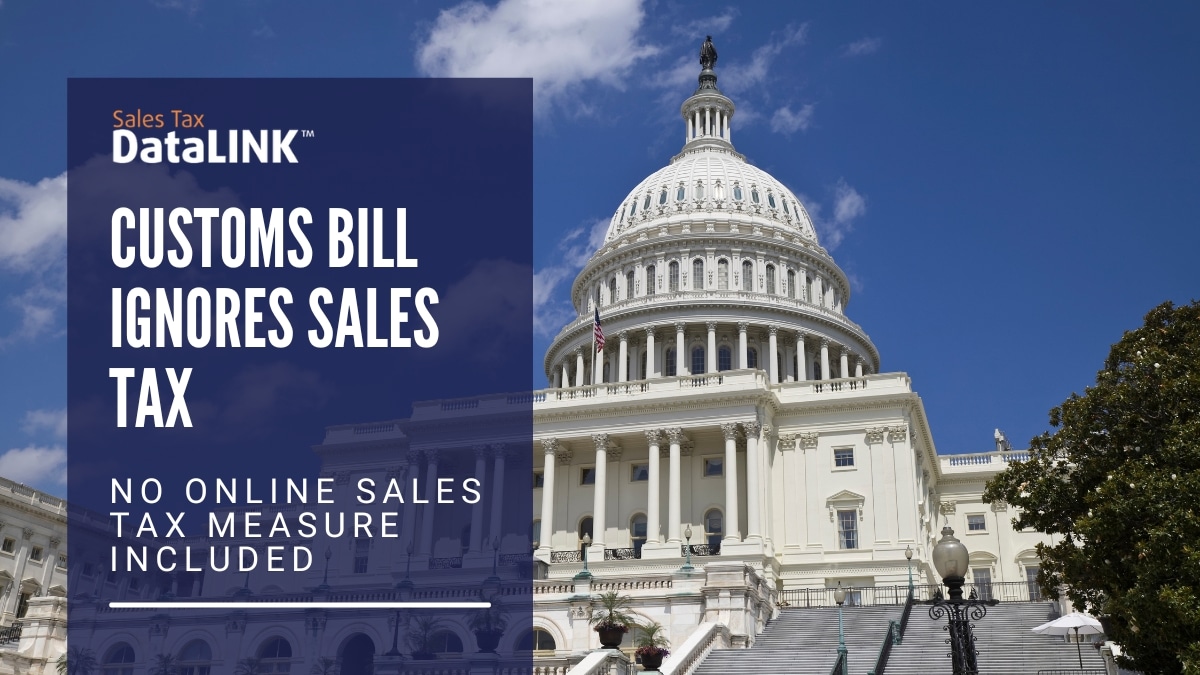A new customs bill made it through the House without the online sales tax measure lobbyists have been fighting for.
Quite a few measures were left out, against the wishes of various political groups. Stronger safeguards against human trafficking, provisions preventing countries from devaluing their currency in order to make their exports to the U.S. cheaper for American consumers, and language intended to work against climate change were all removed from the bill. The online tax collection requirements were never part of the bill.
However, a measure to make internet access taxes permanently illegal was included in the bill.
This is the language organizations like the National Retail Federation have been hoping to use to settle the remote transactions tax collection issue once and for all. Online purchases are subject to state tax, but online merchants often don’t have to collect them. Instead of sales tax, which is collected by the merchants, online purchases are subject to use tax, which the consumer is supposed to remit with their state sales taxes. Most don’t. So states, apparently convinced that they have no chance of getting residents to pay those taxes, have been coming up with ways to compel online merchants to collect sales taxes. Sometimes they’ve extended the definition of nexus to include factors that will bring more retailers into the fold.
Some have made “Amazon laws” that require sales tax collection by large e-commerce sellers even if they don’t have nexus in the state. And some are working toward a single federal online sales tax law. The states in the last group, as well as retail lobbying groups and Main Street retailers, have been trying to connect national online sales tax collection requirements with the internet access tax ban.
Now that the ban has gotten through the House with the customs law and is expected to make it through the Senate and onto the president’s desk, the online sales tax effort will have to come up with a new strategy.




